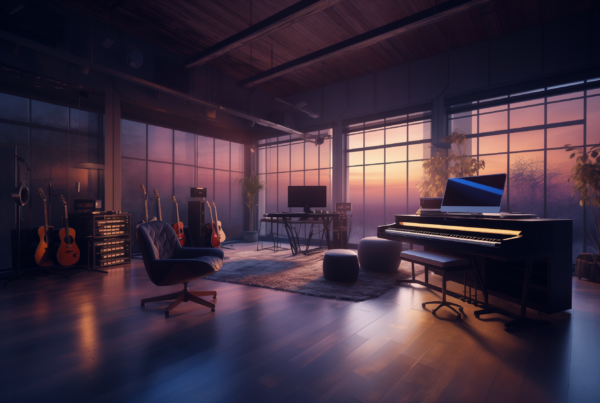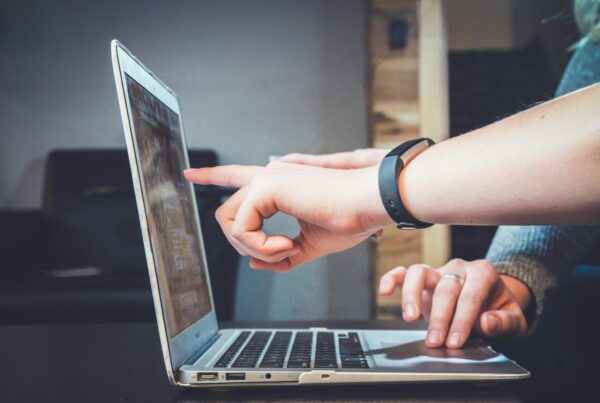Dealing With Performance Anxiety
The Silent Insecurity of Recording Artists
Performance anxiety is a common challenge faced by many music artists, particularly when performing or recording in front of an audience or in a studio setting. It can manifest in many different ways, including nervousness, anxiety, stress, self-doubt, and difficulty focusing. If not managed effectively, performance anxiety can have a negative impact on an artist's ability to give their best performance.
Here are some actionable steps you can take as an artist to deal with performance anxiety:
- Prepare thoroughly: the more prepared you are, the less anxious you are likely to feel. Make sure you have rehearsed your music or material thoroughly and that you know it inside and out.
- Get enough rest: tiredness and fatigue can contribute to anxiety, so it is important to get enough rest and sleep before a performance.
- Eat well: a healthy diet can help to reduce anxiety and improve your overall well-being. Avoid consuming too much caffeine or sugar before a performance, as these can increase anxiety levels.
- Practice relaxation techniques: there are many relaxation techniques that can help to reduce anxiety, such as deep breathing, progressive muscle relaxation, and visualization. Experiment with different techniques to find what works best for you.
- Focus on the present moment: anxiety often stems from worrying about the future or dwelling on the past. Try to focus on the present moment and what you are doing right now. This can help to reduce anxiety and improve your performance.
- Set realistic goals: setting unrealistic goals for yourself can increase anxiety. Instead, try to set realistic goals and focus on making progress rather than trying to be perfect.
- Seek support: it can be helpful to talk to someone about your anxiety, whether it is a friend, family member, or a professional. There are also many online resources and support groups available for those dealing with performance anxiety.
- Try to reframe negative thoughts: if you find yourself having negative thoughts, try to reframe them in a more positive light. For example, instead of thinking "I'm going to mess up," try thinking "I'm doing the best I can and I'll learn from any mistakes I make."
- Use positive self-talk: try to use positive self-talk to boost your confidence and reduce anxiety. This can be as simple as repeating a mantra to yourself, such as "I am capable and prepared."
- Practice regularly: the more you practice, the more confident and comfortable you will become with your music or material. Regular practice can also help to reduce anxiety in the long term.
By following these actionable steps, music artists can effectively manage performance anxiety and give their best performance in the studio or on stage. It is important to remember that performance anxiety is a natural and normal part of being an artist, and that everyone experiences it to some degree. With the right tools and strategies, it is possible to overcome performance anxiety and shine as an artist.
🎙️ Let us take your song idea from fantasy to reality with our music production services
The information provided in this communication is not financial advice and should not be treated as such. It is for informational purposes only and is not intended to be a recommendation or solicitation to buy or sell any securities or other financial instruments. You should do your own research and seek professional financial advice before making any investment decisions. Please consult a professional for specific advice. None of the information provided should be construed as legal advice.




